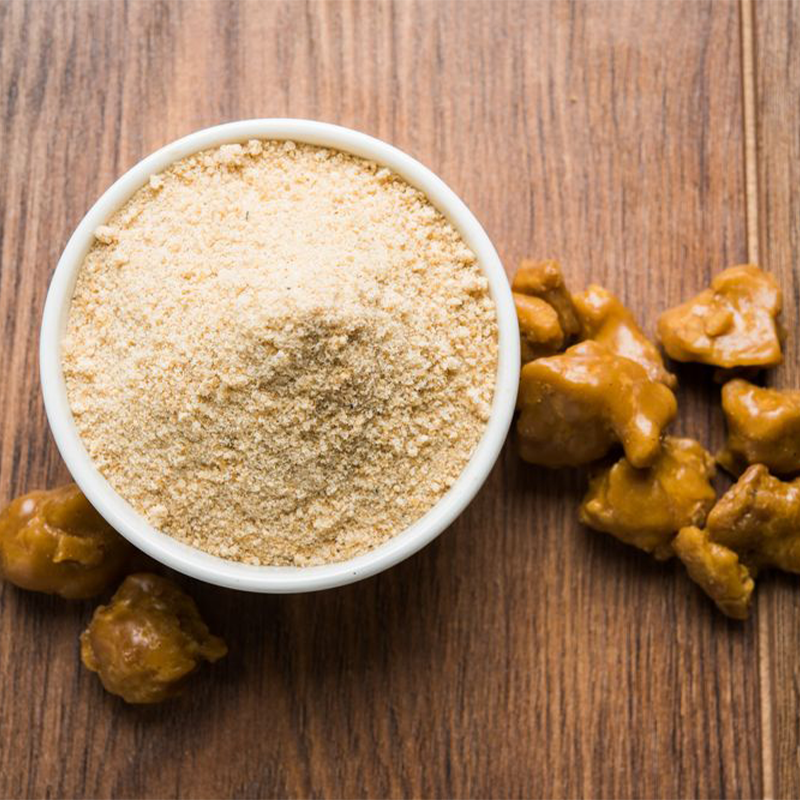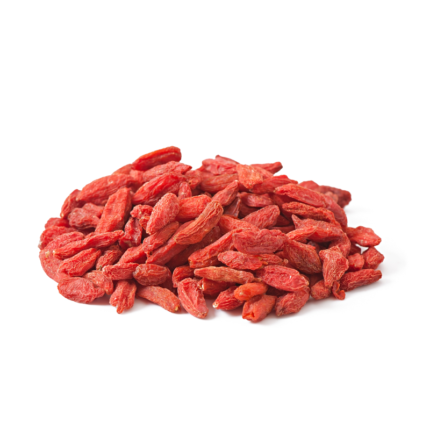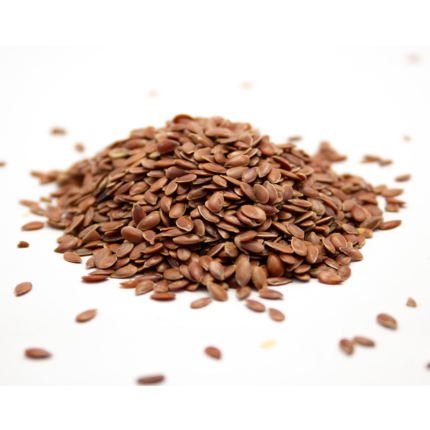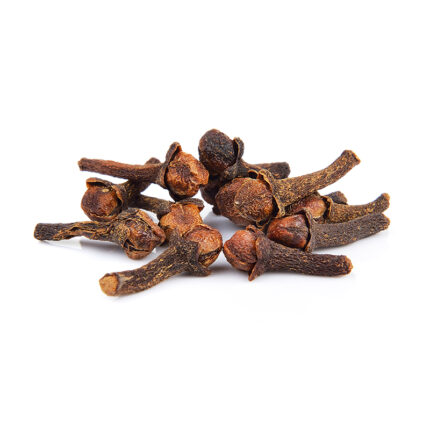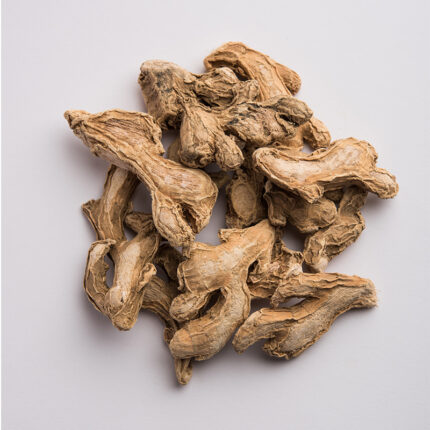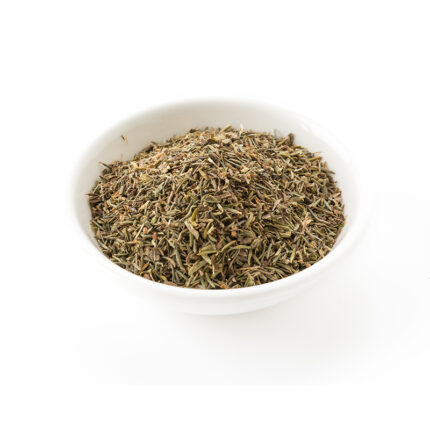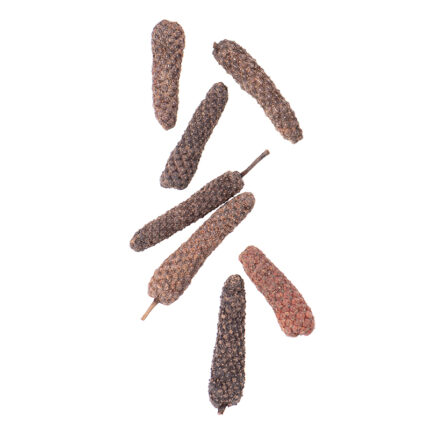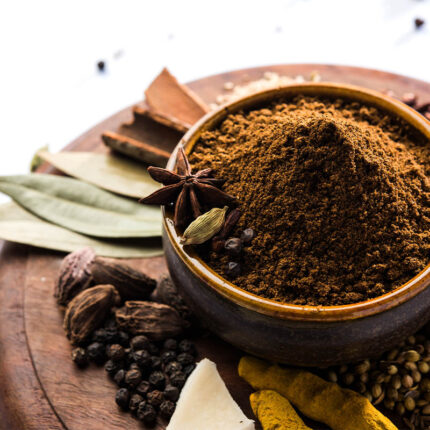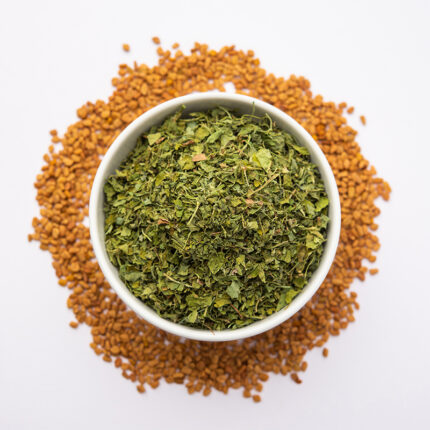Description
Asafoetida, also known as hing, is a pungent spice derived from the resin of the Ferula species of plants, native to Afghanistan, Iran, and other regions of Central Asia. It has a strong and distinctive aroma, often described as a mix of onion, garlic, and sulfur, and is commonly used in Indian, Middle Eastern, and other cuisines for its unique flavor.
Asafoetida is used as a seasoning and flavoring agent in a wide range of dishes, including curries, lentil soups, pickles, and spice blends. It is often added to hot oil or ghee during the cooking process, where it releases its strong aroma and imparts a savory, umami-like flavor to the dish. Asafoetida is particularly popular in vegetarian and vegan cooking as it adds depth of flavor to dishes that do not contain onion and garlic, which are often avoided in certain cuisines or dietary restrictions.

